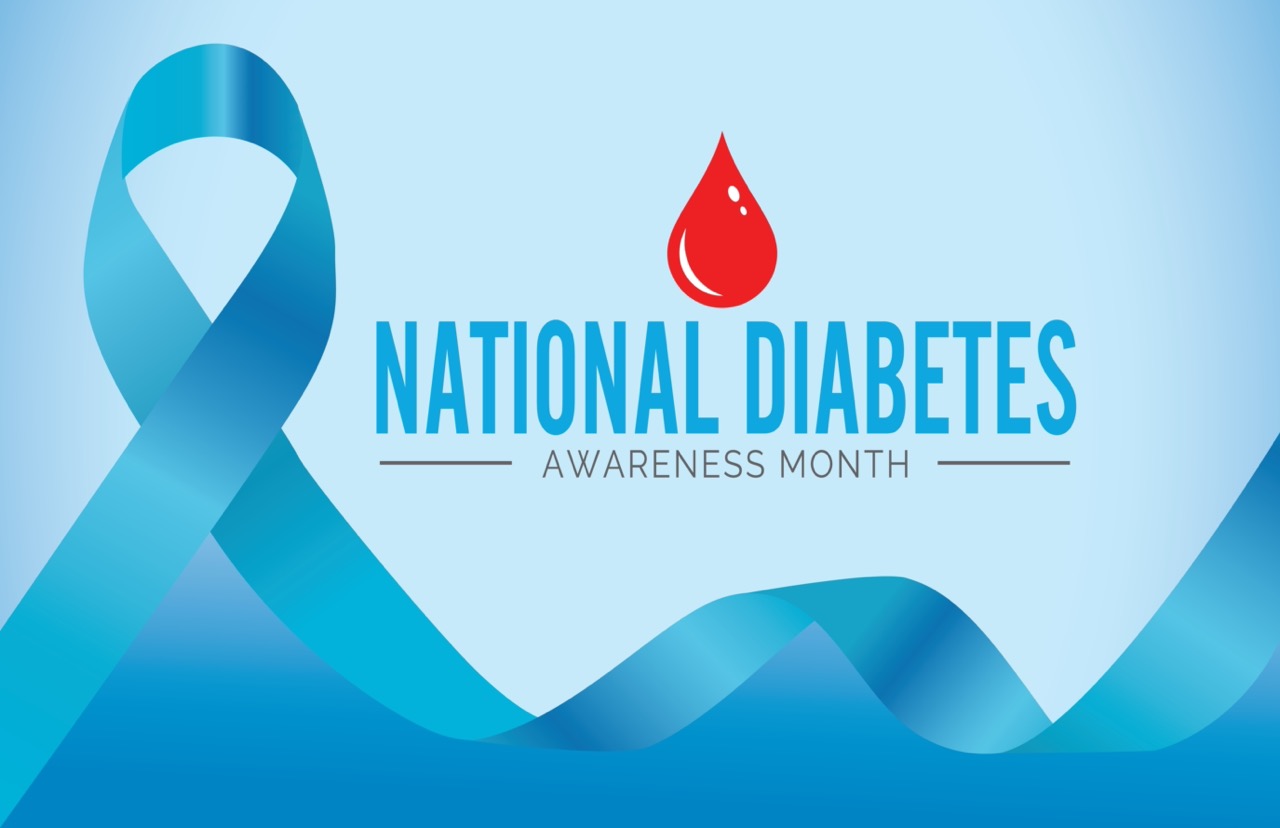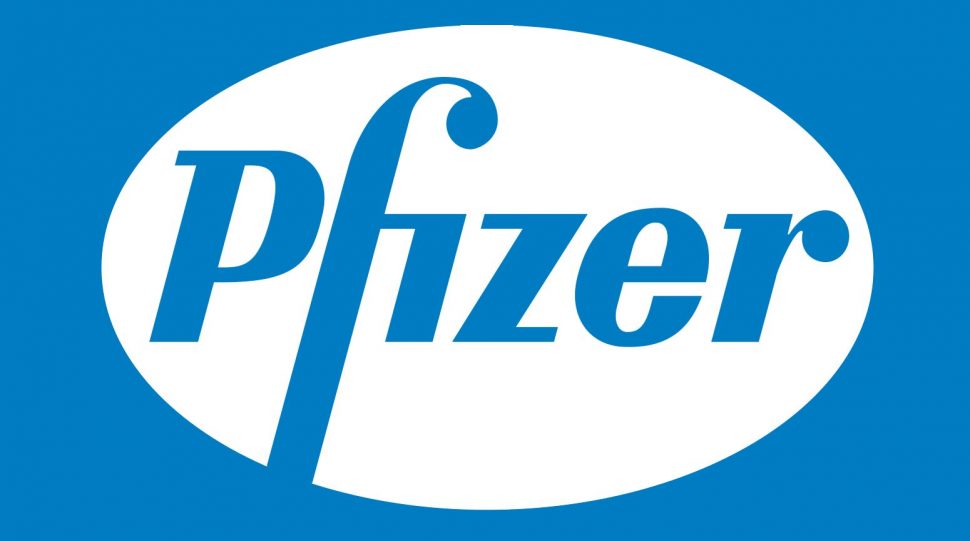November National Health Observances: Chronic Illness and Vaccine Protection

For patients living with chronic conditions such as diabetes, COPD, heart disease, or cancer, preventive care is not optional—it’s essential. One of the most effective yet often overlooked aspects of chronic disease management is immunization. Vaccines help protect vulnerable populations from severe infections that can lead to hospitalization, long-term complications, and even death. For healthcare providers, maintaining robust vaccination programs for patients with chronic illness is both a clinical responsibility and a public health priority.
At US Physicians’ Purchasing Group (USPPG), we understand that delivering quality patient care goes hand in hand with efficient vaccine management. As a vaccine purchasing group, we help practices and pharmacies secure the vaccines they need—at the most competitive prices possible—through collective negotiation and bulk purchasing power.
Understanding the Link Between Chronic Illness and Infection Risk
Patients with chronic diseases are more likely to experience complications from infectious diseases due to compromised immune systems, impaired organ function, or underlying inflammation. Infections can worsen existing health conditions, cause acute flare-ups, and significantly increase healthcare costs.
How Chronic Conditions Impact the Immune System
Many chronic illnesses weaken the body’s ability to fight infection. Diabetes, for instance, affects white blood cell function and circulation, while COPD damages lung tissue and airways, making bacterial and viral infections more likely. Similarly, cancer and its treatments can suppress immune responses, leaving patients vulnerable to opportunistic infections.
Examples of Conditions That Heighten Infection Risks
- Diabetes: Higher risk for influenza, pneumococcal disease, and hepatitis B.
- Chronic Obstructive Pulmonary Disease (COPD): Increased susceptibility to respiratory infections like influenza, pneumonia, and COVID-19.
- Heart Disease: Infections can trigger cardiac events and exacerbate heart failure.
- Cancer and Immunosuppressive Therapy: Compromised immune systems lead to higher risk for shingles, flu, and bacterial infections.
- Chronic Kidney or Liver Disease: Elevated risk for hepatitis, pneumococcal, and influenza-related complications.
Why Prevention Matters More for Chronic Disease Patients
In patients with chronic illness, an infection can quickly spiral into a medical emergency. Hospitalizations, prolonged recovery times, and medication complications can follow even routine illnesses like influenza. That’s why vaccination plays such a pivotal role—it’s a proactive defense that reduces risk before exposure ever occurs.
The Role of Vaccines in Chronic Disease Management
Vaccines do more than prevent specific infections—they help stabilize chronic conditions and improve quality of life. For healthcare providers, ensuring that every patient with a chronic illness receives recommended vaccines is one of the most powerful interventions for reducing avoidable morbidity and mortality.
CDC-Recommended Vaccines for Patients with Chronic Conditions
The Centers for Disease Control and Prevention (CDC) provides detailed immunization schedules tailored for adults with specific chronic diseases. Commonly recommended vaccines include:
Influenza Vaccine
Annual flu shots are crucial for anyone with diabetes, COPD, heart disease, or compromised immunity. The flu can exacerbate chronic symptoms and lead to pneumonia or hospitalization.
Pneumococcal Vaccines (PCV15, PCV20, PPSV23)
Patients with chronic lung, heart, or liver disease—or diabetes—are at high risk for invasive pneumococcal disease. Providers should ensure adults receive the appropriate pneumococcal vaccine sequence based on CDC guidelines.
COVID-19 Vaccine
COVID-19 can cause severe illness in people with chronic conditions. Staying up to date with boosters is essential to reduce hospitalization and death rates.
Hepatitis B Vaccine
Adults with diabetes, chronic liver disease, or kidney failure are more susceptible to hepatitis B infection. The vaccine provides long-term protection against this potentially life-threatening virus.
RSV Vaccine (Respiratory Syncytial Virus)
Recently approved for older adults and those with chronic cardiopulmonary conditions, the RSV vaccine helps prevent severe respiratory infections that can trigger COPD or heart failure episodes.
Shingles (Herpes Zoster) Vaccine
For adults over 50, especially those who are immunocompromised or undergoing cancer treatment, the shingles vaccine prevents painful rashes and postherpetic neuralgia.
TDAP and Other Boosters
Routine adult immunizations such as tetanus, diphtheria, and pertussis boosters remain important, especially in patients with chronic respiratory or cardiac conditions.
How Vaccination Reduces Healthcare Burden
Widespread vaccination reduces the incidence of severe infections, hospital stays, and complications for high-risk patients. For healthcare systems, this means fewer emergency visits, shorter inpatient stays, and lower treatment costs—all while improving patient satisfaction and outcomes.
Challenges Providers Face in Vaccine Administration
While the importance of vaccines in chronic illness management is clear, providers face numerous obstacles when it comes to maintaining vaccine supply and ensuring patient compliance. These include cost barriers, reimbursement challenges, and inventory management.
1. Rising Vaccine Costs
Many private practices and independent pharmacies struggle with the upfront cost of purchasing vaccines, especially when ordering small quantities. The cost per dose can be significantly higher compared to large-scale buyers or hospital systems.
2. Complex Storage and Inventory Requirements
Vaccines require strict temperature control and timely administration. Managing inventory efficiently ensures minimal waste while keeping doses available when patients need them most.
3. Patient Education and Compliance
Patients with chronic diseases may not realize how essential vaccines are to their overall health plan. Providers often need educational tools and consistent communication strategies to improve vaccination rates.
4. Insurance and Reimbursement Issues
Billing and reimbursement processes for adult vaccines can be complicated. Many practices delay or avoid offering certain vaccines because of inconsistent payer coverage or uncertainty about reimbursement timelines.
How USPPG Helps Providers Overcome Vaccine Barriers
US Physicians’ Purchasing Group (USPPG) was established to help healthcare practices and pharmacies access vaccines affordably and efficiently. We leverage the collective purchasing power of thousands of providers across the country to secure exclusive discounts and improved vaccine access.
Bulk Purchasing Power for Lower Vaccine Costs
Through negotiated contracts with leading manufacturers and distributors, USPPG enables members to purchase vaccines at significantly reduced prices. This makes it easier for smaller practices to stock the full range of recommended vaccines for patients with chronic illnesses.
Streamlined Ordering and Supply Management
USPPG members benefit from simplified vaccine procurement. Our partnerships allow for reliable supply chains, ensuring that vaccines such as influenza, pneumococcal, and COVID-19 doses remain available during peak demand seasons.
Access to Manufacturer Incentives and Rebates
Members gain access to manufacturer rebate programs and discounts that are typically reserved for large hospital networks. This helps reduce overall costs while improving profitability for small and mid-sized practices.
Educational Support and Compliance Resources
USPPG provides educational resources to help healthcare teams communicate vaccine importance effectively to chronic illness patients. From printable patient education materials to compliance tracking, we empower providers to raise vaccination rates and protect their high-risk populations.
Integrating Vaccination into Chronic Care Management Programs
Vaccines should be viewed as a core element of chronic care management (CCM) and preventive health programs. By incorporating immunization status into regular checkups, providers can ensure comprehensive patient protection.
Best Practices for Incorporating Vaccines into Routine Care
- Conduct Vaccine Assessments at Every Visit: Make vaccine screening part of every chronic care appointment.
- Use EHR Alerts: Set reminders for providers and patients when vaccines are due.
- Bundle Vaccination with Chronic Disease Counseling: Discuss the link between immunization and better disease outcomes.
- Coordinate with Pharmacies: Partner with local or in-house pharmacies to ensure access to all recommended vaccines.
- Educate Patients Year-Round: Share flyers, digital messages, and email campaigns during awareness months (e.g., Diabetes Awareness in November) to emphasize vaccine benefits.
Collaborating Across Healthcare Settings
Strong partnerships between primary care providers, specialists, and pharmacies ensure patients with chronic diseases don’t fall through the cracks. Collaborative vaccine initiatives improve compliance, tracking, and reporting—all crucial for population health outcomes.
The Economic and Public Health Benefits of Vaccination
Beyond protecting individual patients, vaccines generate major public health and economic advantages. Preventing infection among high-risk populations reduces strain on healthcare infrastructure and lowers long-term costs.
Fewer Hospitalizations and Complications
Studies show that vaccinated individuals with chronic conditions are less likely to experience hospitalization or ICU admissions related to influenza and pneumonia. For example, pneumococcal vaccination in adults with diabetes can reduce hospitalization rates by up to 40%.
Improved Quality Metrics and Incentive Eligibility
Practices that maintain strong vaccination programs may see improved quality scores in programs like CMS’s MIPS and ACO measures. These improvements can result in higher reimbursement rates and performance bonuses.
Lower Total Cost of Care
Vaccination prevents costly downstream complications—such as infections that exacerbate heart failure, respiratory distress, or diabetic ketoacidosis. For health systems, fewer emergency interventions mean better financial efficiency.
Vaccine Awareness Opportunities During National Health Observances
November’s national health observances provide the perfect opportunity for healthcare providers to promote vaccine education among patients with chronic illnesses. During Diabetes Awareness Month, COPD Awareness Month, and Lung Cancer Awareness Month, vaccination campaigns can drive both preventive care and patient engagement.
Example Awareness Campaigns
- Encourage diabetic patients to get flu and pneumococcal vaccines during November visits.
- Distribute vaccine education flyers during COPD and Lung Cancer awareness events.
- Highlight pneumococcal, influenza, and RSV vaccination benefits for high-risk populations.
- Use social media and newsletters to tie vaccine messages to observance hashtags and awareness days.
Why Providers Choose USPPG for Vaccine Purchasing
USPPG is more than a purchasing platform—it’s a network of like-minded healthcare professionals committed to improving immunization access nationwide. Whether you’re a physician practice, pharmacy, or health center, joining USPPG helps reduce costs and streamline vaccine acquisition.
Membership Benefits Include:
- Access to discounted pricing on all major vaccines
- Contract negotiation with top manufacturers
- Dedicated member support and account management
- Educational tools for improving vaccination rates
- Streamlined ordering and invoicing systems
Empowering Providers to Protect Patients
When providers can afford to stock vaccines consistently, patients with chronic illnesses benefit the most. USPPG helps bridge the gap between cost and access, empowering clinicians to deliver high-quality, preventive care without financial strain.
Conclusion: Prevention Starts with Protection
For millions of Americans living with chronic diseases, vaccine protection is more than a preventive measure—it’s a lifeline. Infections that may be mild in healthy individuals can be devastating in those with underlying conditions. By integrating vaccination into every aspect of chronic care, healthcare providers can safeguard their patients and strengthen public health as a whole.
Through its national network of members, US Physicians’ Purchasing Group (USPPG) helps practices and pharmacies access vaccines affordably and efficiently. Together, we can make immunization easier, more cost-effective, and more impactful for the patients who need it most.
FAQs About Vaccines and Chronic Illness
1. Why do people with chronic illnesses need more vaccines?
Because their immune systems are often weaker, they’re more prone to infections that can cause severe complications. Vaccines reduce this risk significantly.
2. Are vaccines safe for patients with chronic conditions?
Yes. Most vaccines are safe and recommended for patients with chronic illnesses. However, providers should always assess each patient’s medical history and immune status before vaccination.
3. How can clinics afford to stock all the recommended vaccines?
Joining a purchasing group like USPPG allows clinics to buy vaccines at discounted rates through collective purchasing power, making it easier to maintain inventory and reduce costs.
4. Which vaccines are most important for patients with diabetes or COPD?
The influenza, pneumococcal, hepatitis B, COVID-19, and RSV vaccines are particularly crucial for these patients. Providers should consult CDC guidelines for age and condition-specific recommendations.
5. How does USPPG help with vaccine management?
USPPG connects members with negotiated pricing, supply chain support, and educational resources—helping healthcare providers focus on patient care instead of procurement challenges.
Join USPPG today to make vaccine purchasing more affordable, accessible, and efficient for your practice. Visit usppg.net to learn more about membership benefits and how to get started.
Become a USPPG Member
USPPG is a physician buying group (PBG) that negotiates discounts on vaccines and other medical supplies by leveraging collective purchasing power. We partner with major vaccine manufacturers to secure lower prices and additional benefits.
Key Benefits:
- Membership is Free
- Access to Exclusive Discounts & Rebates
- Significant Cost Savings on Vaccines





